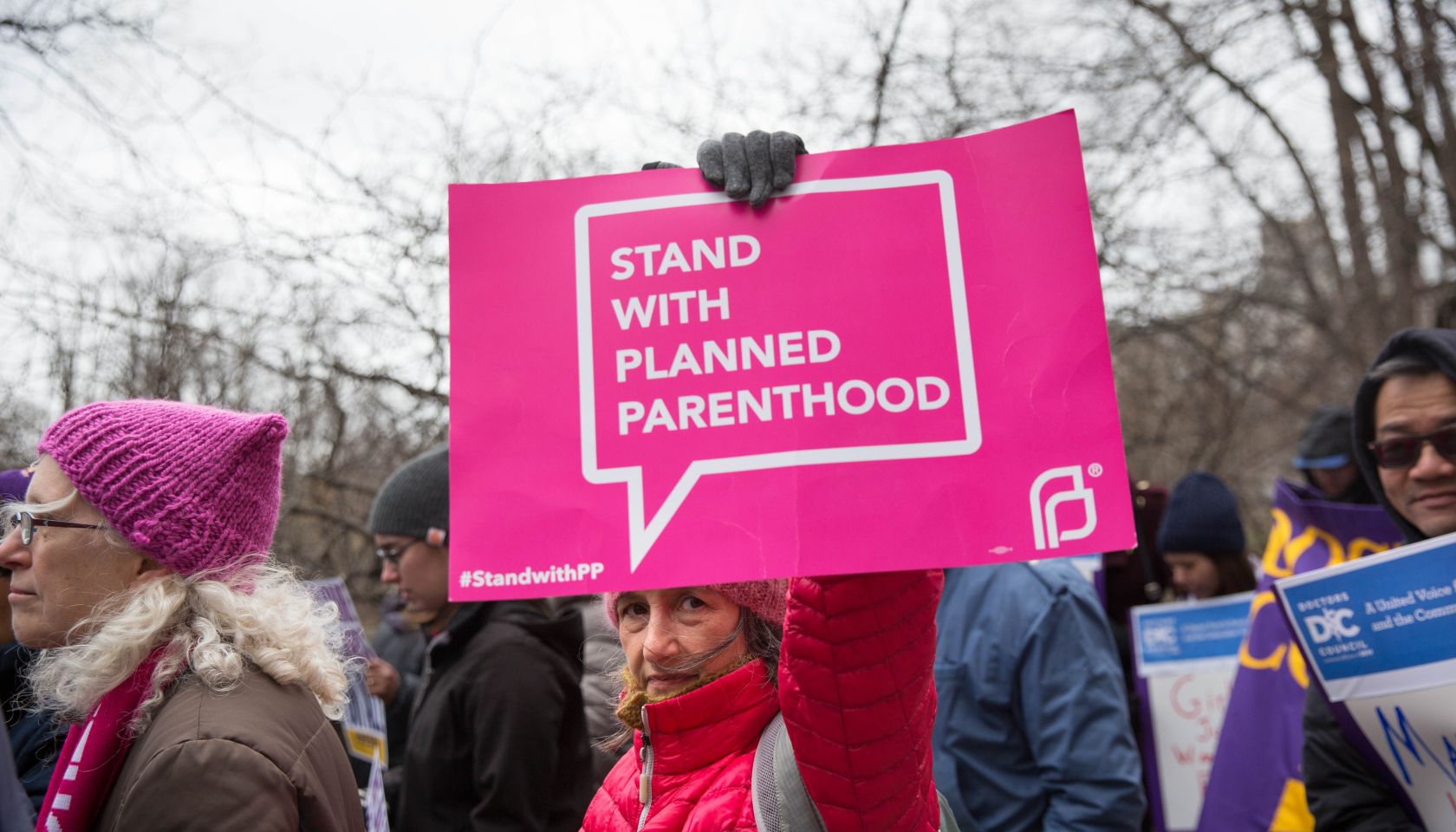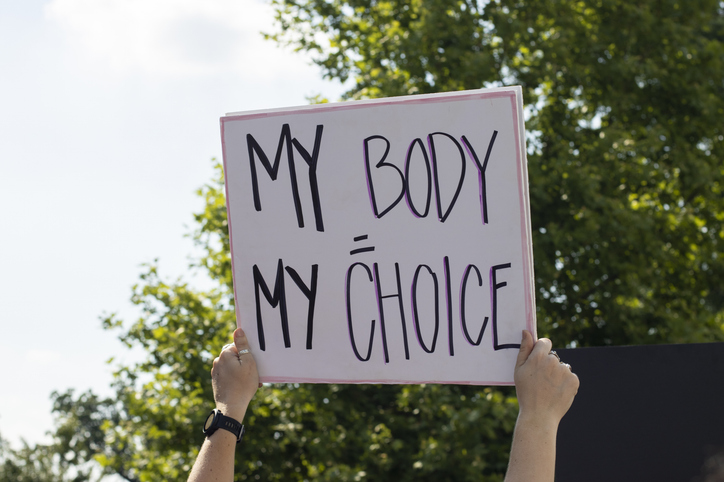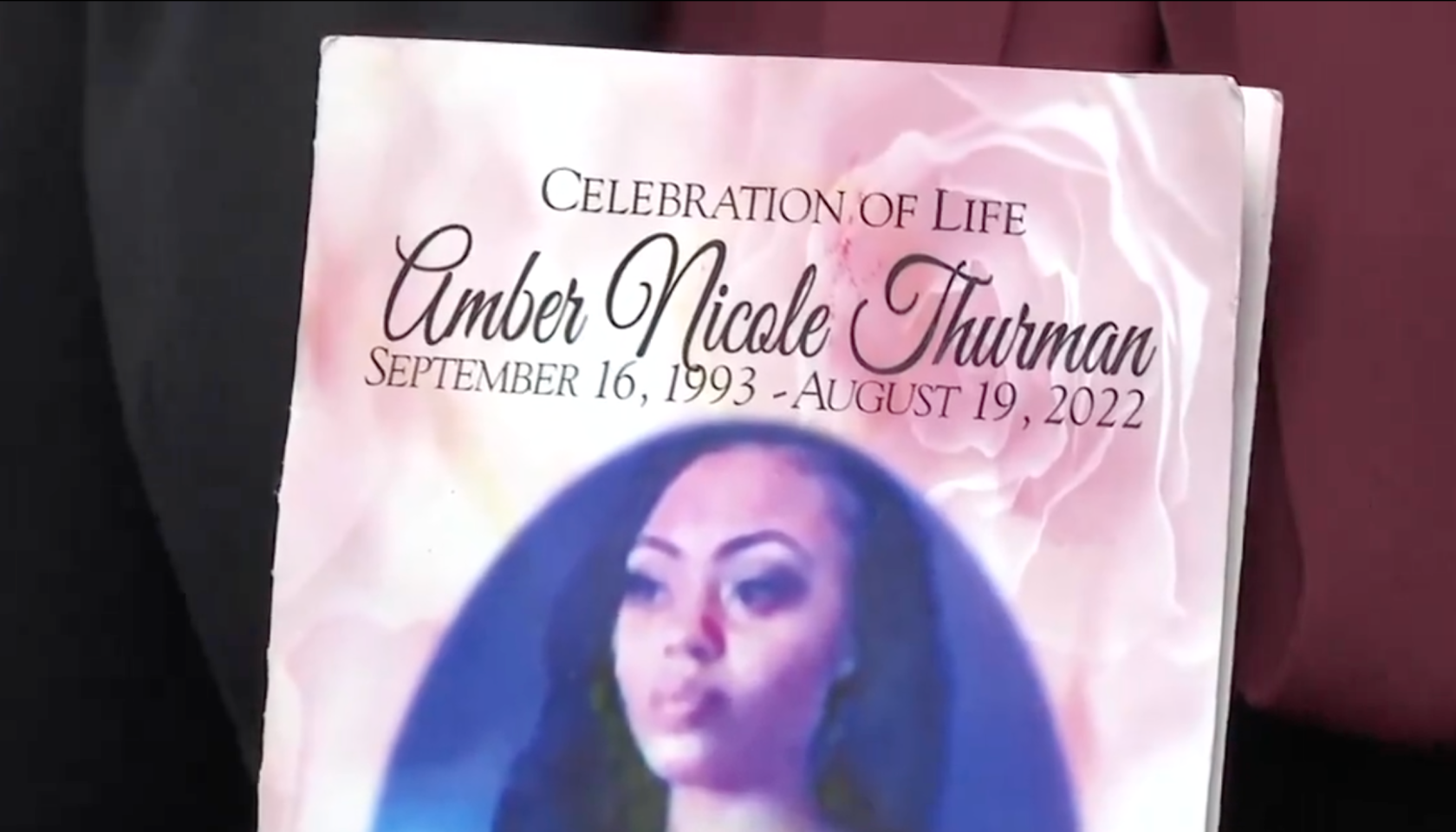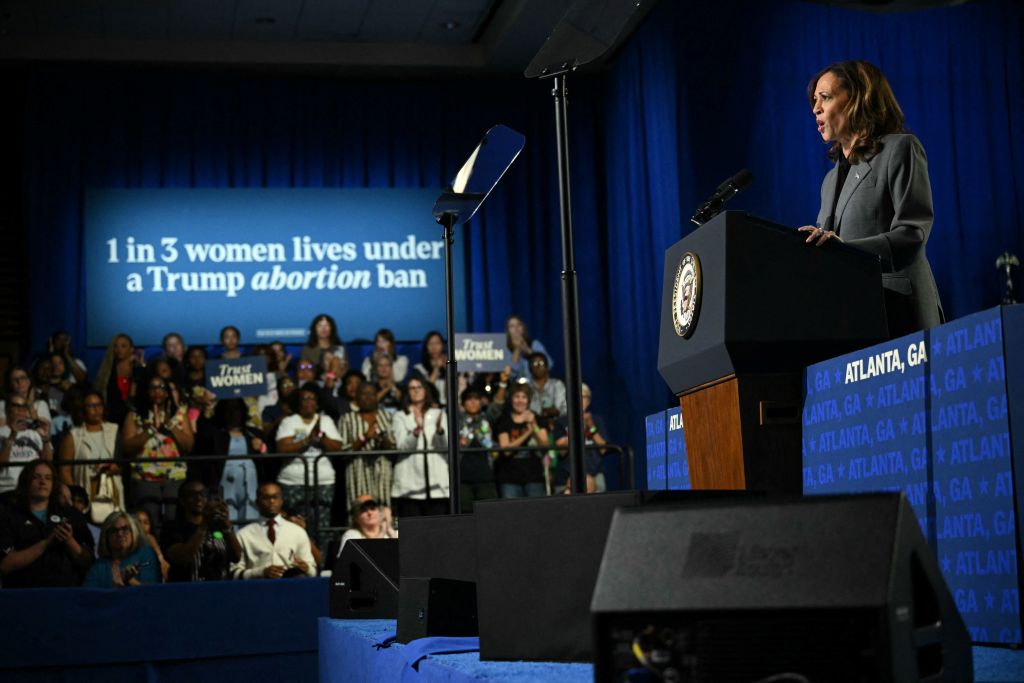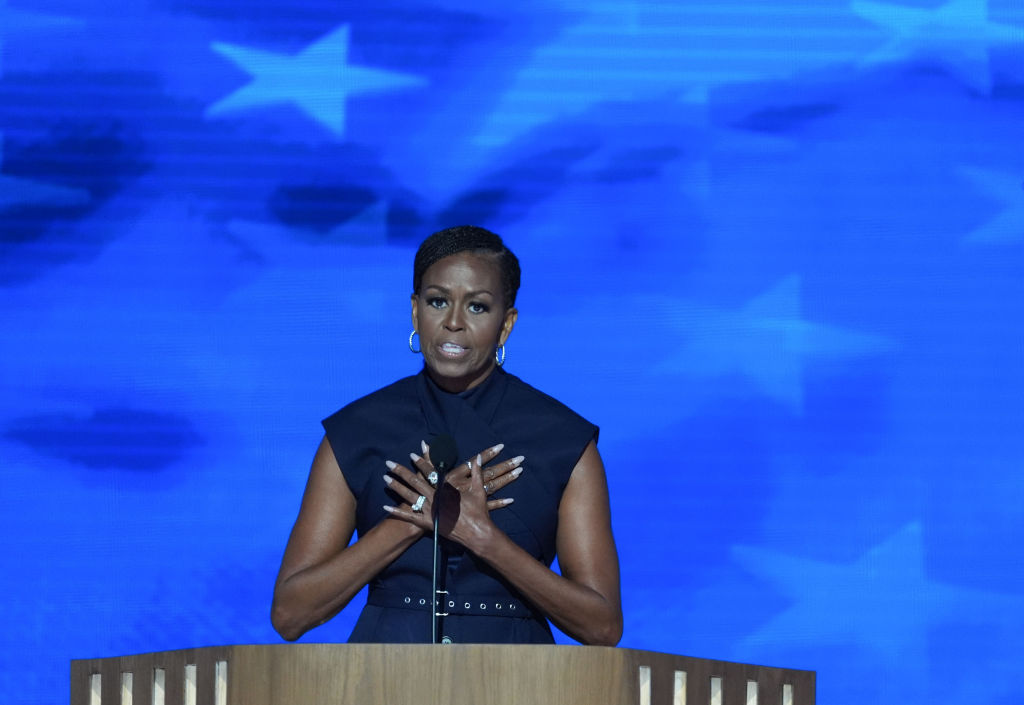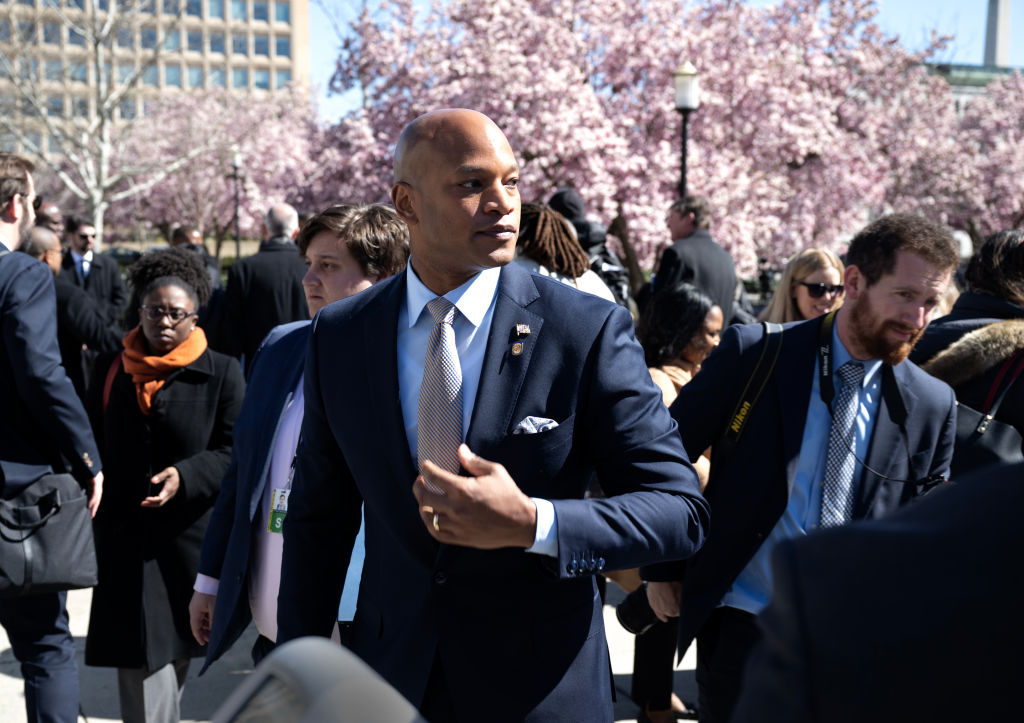reproductive justice
In many ways, the decision leaves Medicaid recipients without recourse in states with leadership fixated on defunding Planned Parenthood or otherwise instituting political litmus tests for healthcare.
Tennessee has some of the harshest laws targeting reproductive Rights in the country, including a near-total ban on abortion at all stages of pregnancy.
Adriana Smith was dead. But Georgia turned her into an incubator. They ignored her wishes, overrode her dignity, and delivered a child into a system that has never valued Black life.
Adriana’s family confirmed doctors delivered the baby via emergency c-section on Friday, June 13, just two days before Adriana’s 31st birthday.
“We strongly condemn the Republican platform that seeks to further restrict women’s access to necessary healthcare," Thurman's family said.
Kamala Harris’ and Donald Trump’s records on abortion couldn’t be more different. Here’s what actions they both have taken while in office.
Amari Marsh spent 22 days at the Orangeburg-Calhoun Regional Detention Center and an additional 13 months under house arrest in South Carolina after being charged with murder/homicide following her early labor in 2023.
Black women are especially at risk because of abortion and reproductive health bans.
Our Forever First Lady's speech still resonates.
In Our Own Voice launched its I Am A Reproductive Justice Voter campaign to educate Black women voters on reproductive justice issues.
Reproductive justice groups hailed an Ohio grand jury declining to indict over a miscarriage.
Gov. Wes Moore called the abortion pill lawsuit an attack on women's rights to make their own health decisions and vowed to defend reproductive care in Maryland.
